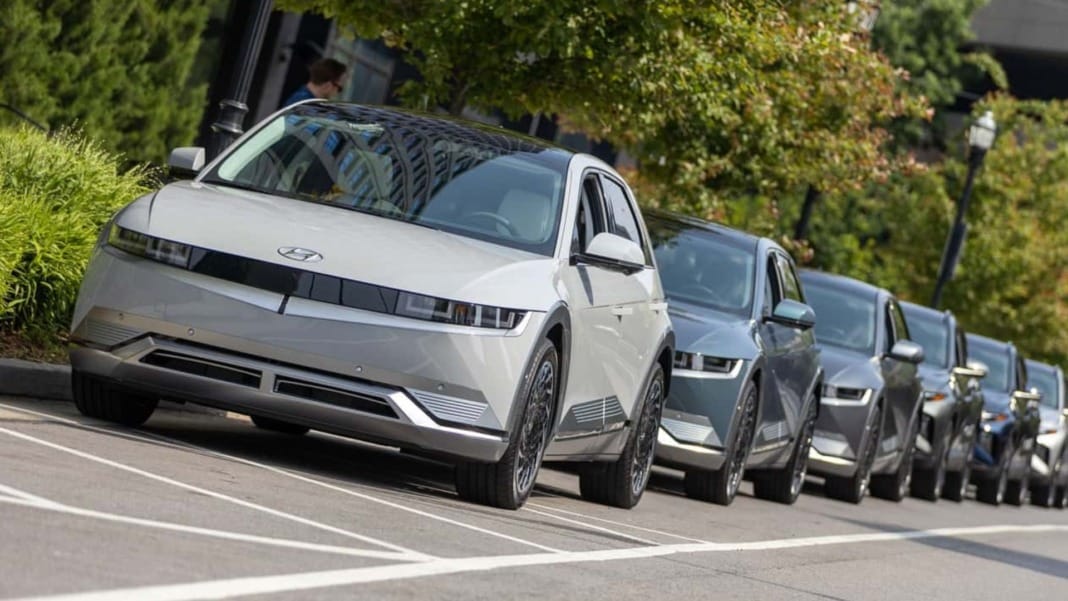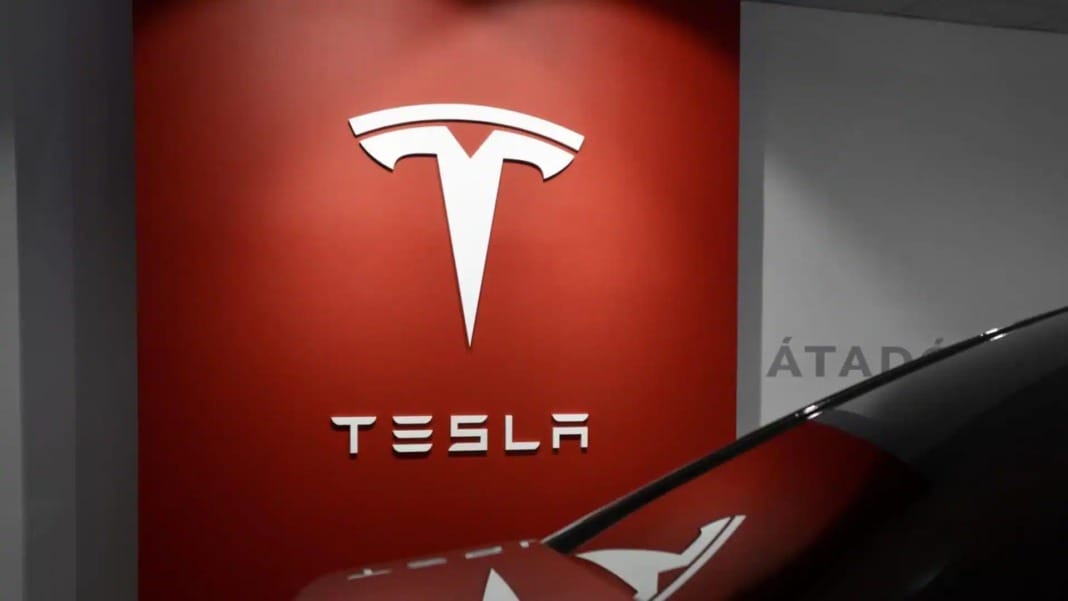Hyundai has issued a recall for approximately 145,235 electric vehicles (EVs) in the United States due to a risk of losing drive power. The National Highway Traffic Safety Administration (NHTSA) flagged the issue, stating that the problem arises from the integrated charging control units. These units are prone to damage, resulting in the internal battery failing to charge.
The recall includes several models, notably specific Ioniq 5 and Ioniq 6 EVs and Genesis GV70 and Genesis G80 luxury EVs, spanning model years 2022 to 2025. If you’re curious about whether your car is affected, you can access a complete list of impacted models on the NHTSA website or contact your dealer.
Hyundai and Kia offer free inspections and repairs
Hyundai has assured customers that any potentially affected vehicles will be inspected free of charge. If necessary, dealers will replace the defective components and update the software at no cost to the owner. Hyundai’s commitment to customer safety is evident through its swift action and comprehensive repair plan.
The recall also impacts Hyundai’s sub-brand Kia. Around 62,000 Kia EVs, precisely specific EV6 models from 2022 to 2024, are included in the recall for the same issue. Kia dealerships will also provide free inspections and repairs to rectify the fault.
Both Hyundai and Kia have urged customers to act promptly if their vehicles are affected by the recall. By addressing the problem early, drivers can avoid the inconvenience and potential dangers of the malfunctioning charging control unit.
EV recalls are becoming more common
Vehicle recalls occur regularly in the auto industry, particularly as advanced technologies like electric drivetrains become more widespread. Over the past few months, several manufacturers have faced similar issues. For example, Porsche recalled over 27,000 Taycan EVs, and Jeep issued a recall for 194,000 hybrid models. Tesla, a prominent name in the EV space, is no stranger to frequent recalls either.
While recalls can be frustrating, they are essential to ensure safety and reliability. Manufacturers, including Hyundai and Kia, are working diligently to resolve these issues and maintain their customers’ trust.
If you own one of the affected Hyundai or Kia models, contact your dealer or visit the NHTSA website for further information. Taking immediate action can ensure your EV remains safe and functional.





